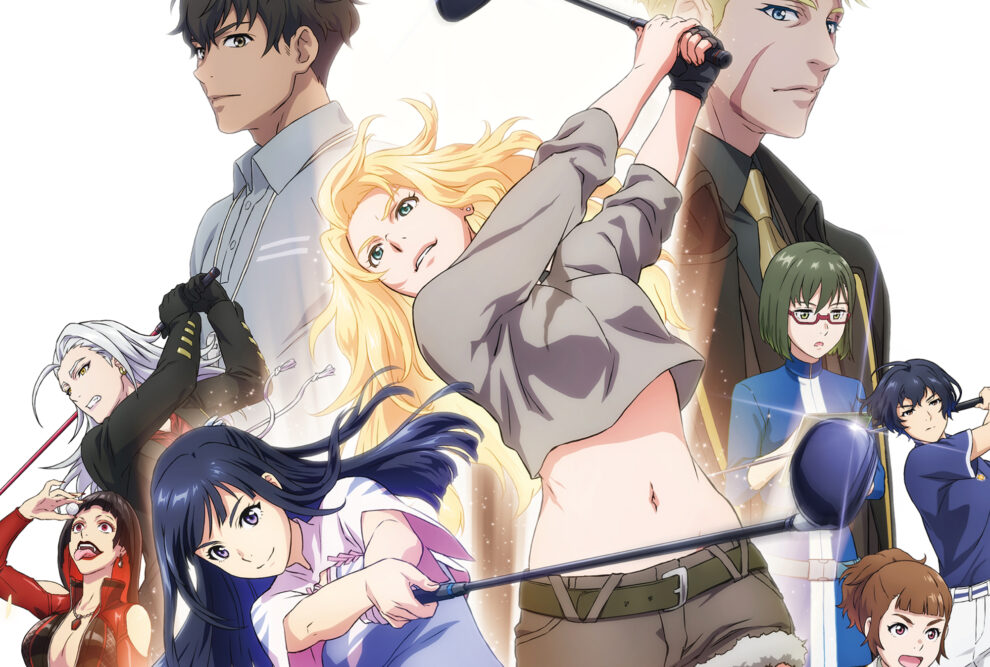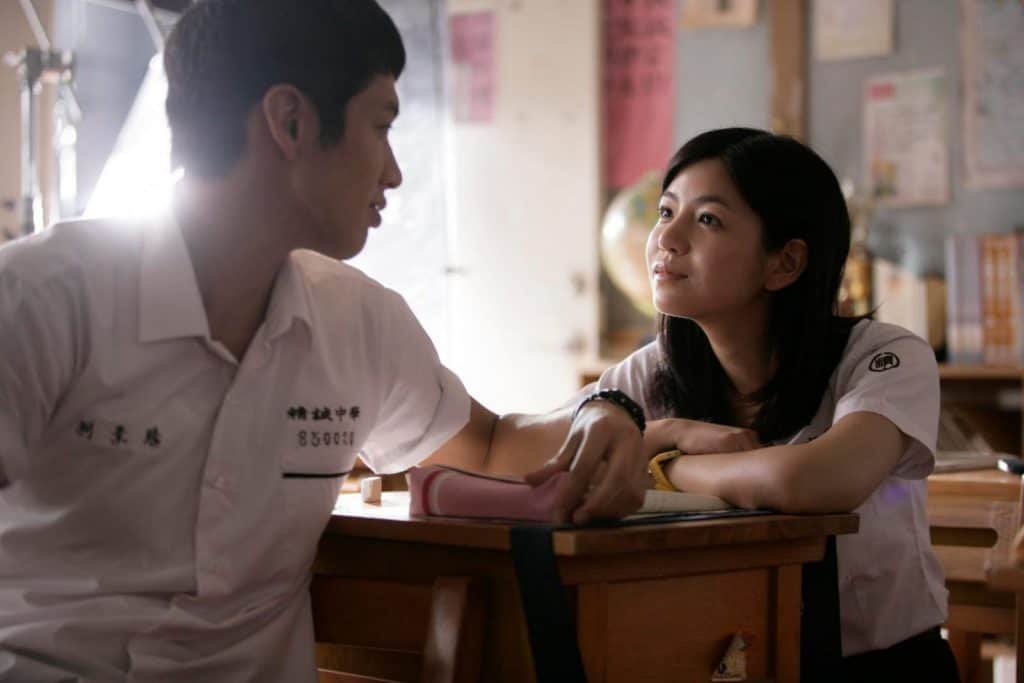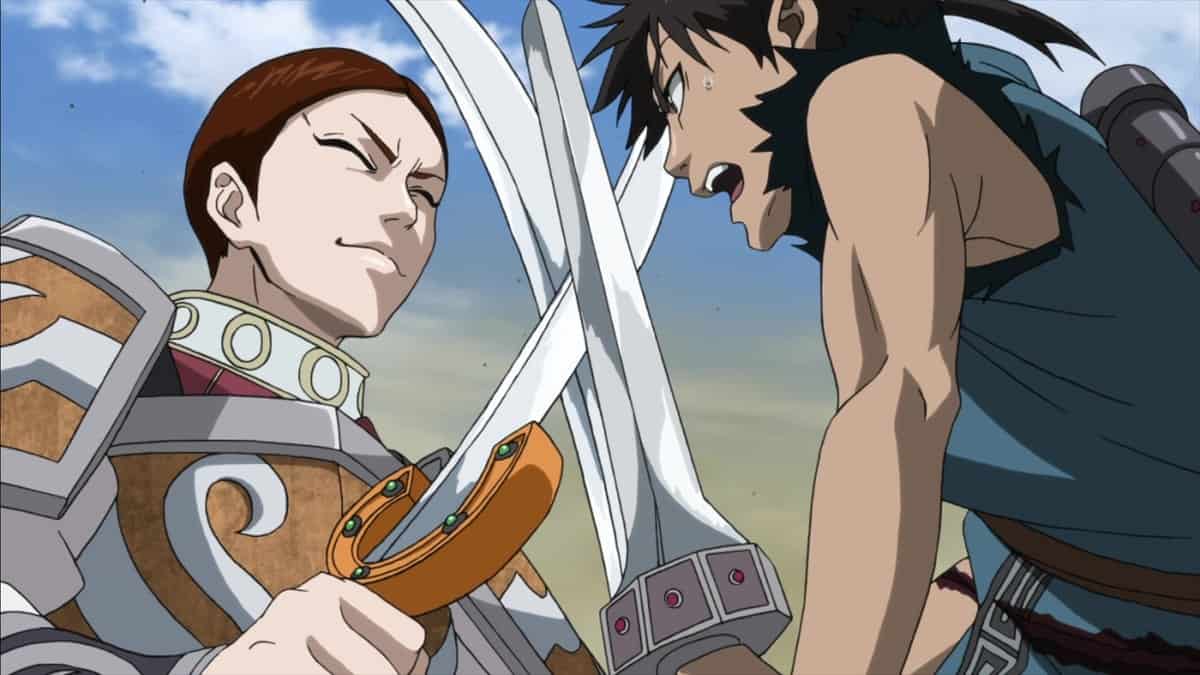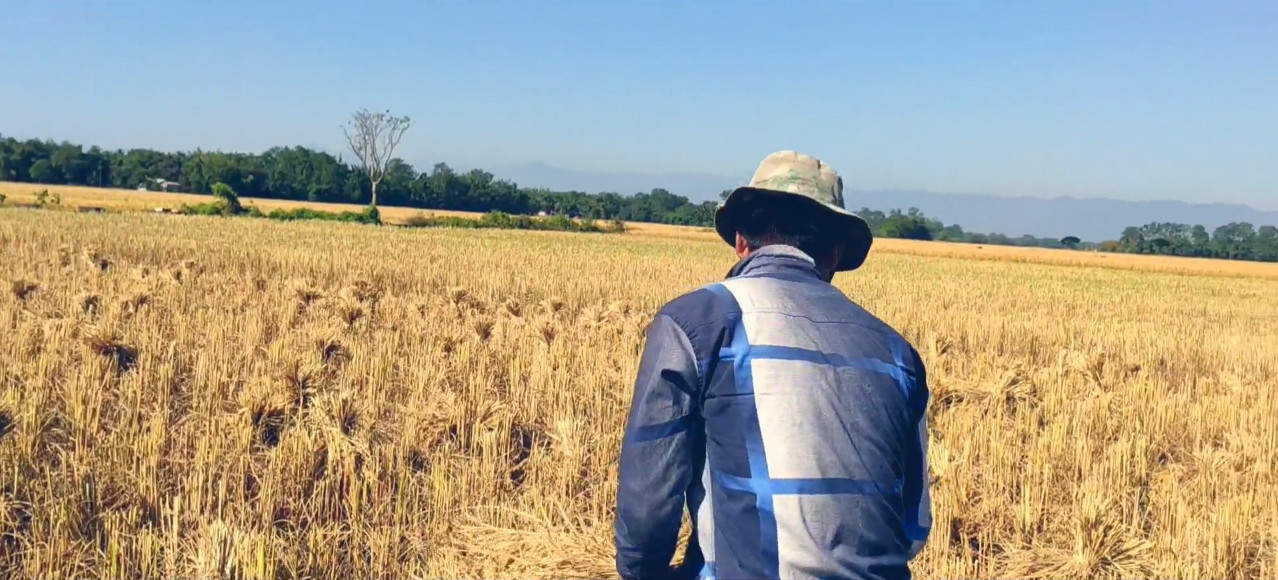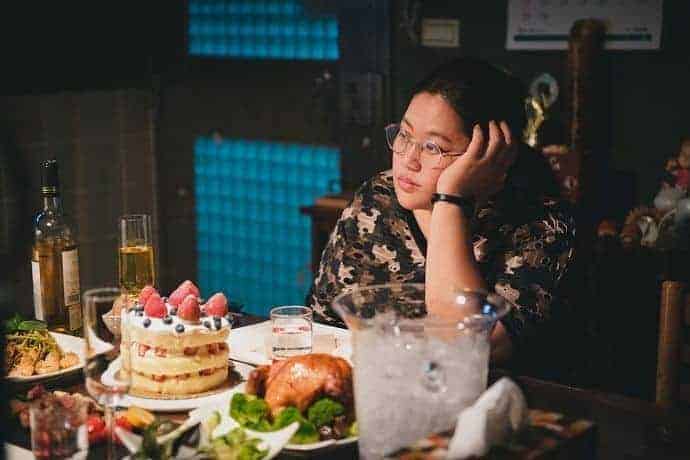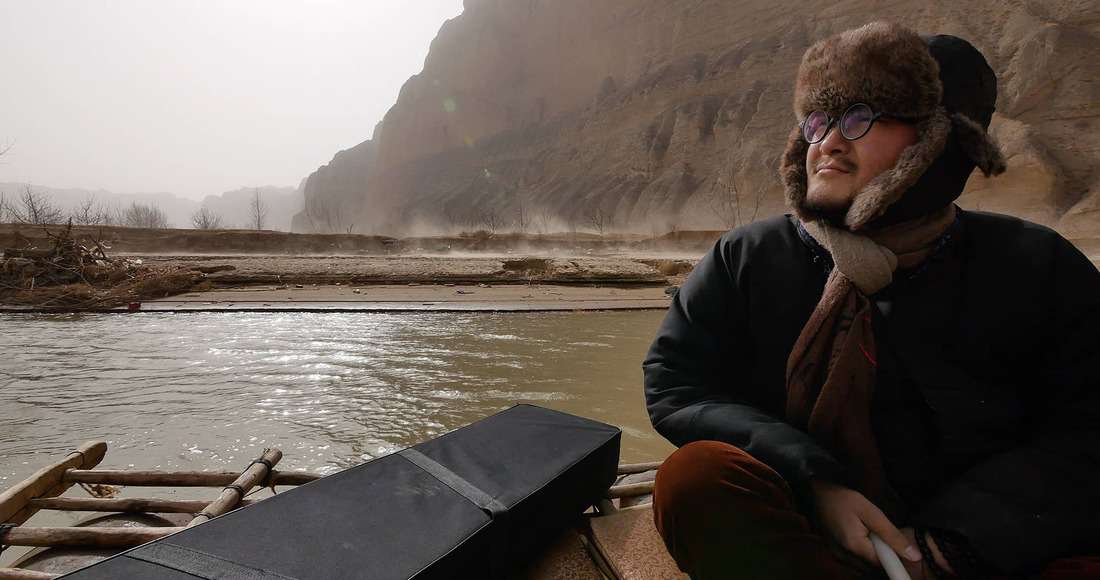Among the plethora of sports anime that have been seeing the light of day lately (“The First Slam Dunk” Movie, “Blue Lock”, Haikyu!!” etc) one sport seemed to have been completely neglected, and that is golf. Takayuki Inagaki and Bandai Namco Pictures took upon themselves to correcting the issue, in an original anime (not based on a manga) that, even more surprisingly, focuses almost exclusively on young girls.
Watch This Title on Crunchyroll
by clicking on the image below
In the European state of Nafrece, a 15-year-old girl named Eve uses her crude yet effective golfing style to earn money from underground gold duels, in order to support her adopted family and the bar they also live in. Eve also suffers from intense memory loss, not being able to remember anything from her actual family, essentially living for her newfound one. However, one day after beating another challenger, she meets Japanese golfing prodigy Aoi Amawashi, who manages to defeat her in a 1-hole match. After suffering that defeat, Eve becomes obsessed with her newfound purpose of challenging Aoi to a full 18-hole match and beating her, while Aoi finds herself infatuated with Eve's attitude and determination. In order to do so, Eve agrees to participate in an official tournament, with the help of Rose Aleon, who functions as a kind of manager of hers, which does come, however, with a number of burdens, including having to face a notorious underground golfer, Vipere. Eventually she succeeds, and a wonderful/friendship rivalry begins between her and Aoi.
In the second season, and after she has taken care of her surrogate family against two rival Mafia organizations, Eve enrolls in an all-girls school with a strong golf program, where Aoi and a number of the top teenage golfers also attend. While there, both girls discover a number of shocking truths both about themselves and each other.
Check also this interview
The two seasons are quite different, both in terms of story and overall presentation. The first one focuses intently on underground golf and the way mafia functions, with Eve trying to make a living under these difficult circumstances. Furthermore, it establishes the differences between her and Aoi, with the latter having been born in money under a golf legacy, which does restrict her freedom, though, in contrast to Eve's life. Their similarities also become evident, with their obsession with golf and each other essentially dictating their relationship and the way it changes them. Also of note in the first season are the Sapphic (yuri if you prefer) elements, with the way the two become infatuated with each other being the beginning, and the appearance of Vipere and the way some of the grown up female characters conduct themselves cementing this approach, which is also highlighted by the miniscule presence of men throughout.
The combination of the three results in a rather intriguing narrative, that also unusually, includes a number of moments of sultriness (fan service if you prefer), which is, though, just as the aforementioned sapphic elements, toned down in the second season. Instead, drama takes a whole different approach here, as injuries, diseases, and the past of the majority of the protagonists also comes to the fore. Interestingly, but somewhat disappointingly, this approach also tones down the sapphic aspect, which is also implemented with the introduction of a number of male characters, in an effort, though, that seems somewhat forced. The all-girls school and some retaining of the fanservice, particularly in the way the girls are dressed and occasionally found ‘posing” retains it somewhat, but definitely in a more PC way.
One of the most interesting elements of the second season is also the focus on the caddies and their relationships with the golfers, with their “battle” emerging as one of the most appealing arcs, with the same eventually applying to the role of the coaches.
The sport, as usual in anime, is presented in completely unrealistic, blown-out proportion style, which is, however, and again as usually, quite impressive to watch, with Eve's ‘bullets' and the trademark moves of the rest of the protagonists being particularly appealing to the eye. The intense coloring, the rapid editing, and the reactions of the people who watch what is happening conclude this aspect in the most outstanding fashion, essentially presenting golf much more exciting than it actually is. The various sceneries with their greenish beauty also work quite well in terms of visuals, while on-screen info and some minor explanations take care of informing the viewer of how the whole thing works.
In that fashion, the animation by Bandai Namco is as captivating as it could be in such a sport, where there is no contact whatsoever, finding its apogee in the many golf duels, of which, though, the underground ones of the first season are much more entertaining to watch. Regarding the character design, apart what we already mentioned, it is easy to say that the majority of the protagonists and particularly Eve do not look 15 at all, in an element that is also there to justify the fanservice (in a somewhat “weird” way). Eve, Aoi, Rose and Vipere stand out in terms of drawing, as much as some of the Americans that appear later on, but after a point, it becomes painfully evident that a number of the girls look too much alike, something that also detracts from the story. In general, though, Kei Ajiki's work in the particular department is definitely above average.
The quality of the story somewhat deteriorates in the second season, which includes a number of soapy cliches in the way the drama unfolds, but as a whole, and considering the uniqueness of the girl's golf theme, “Birdie Wing -Golf Girl's Story-” is definitely a title worth watching.


